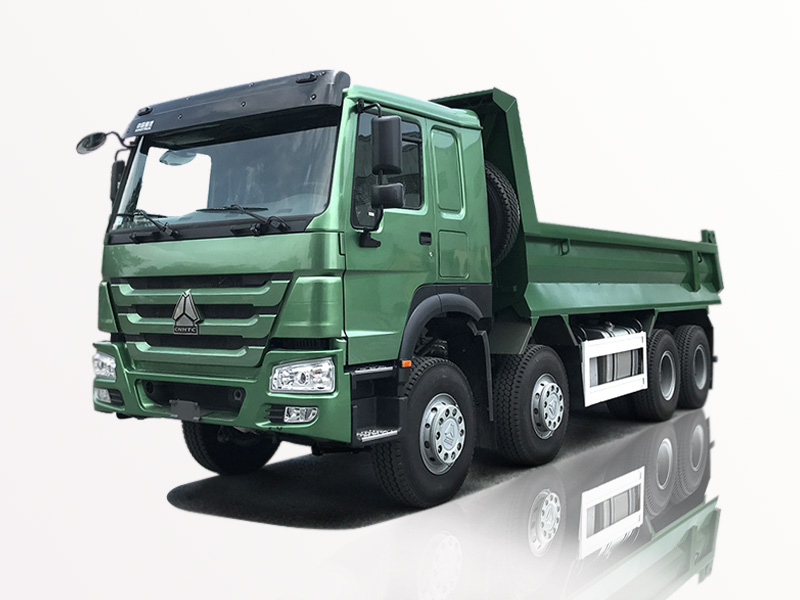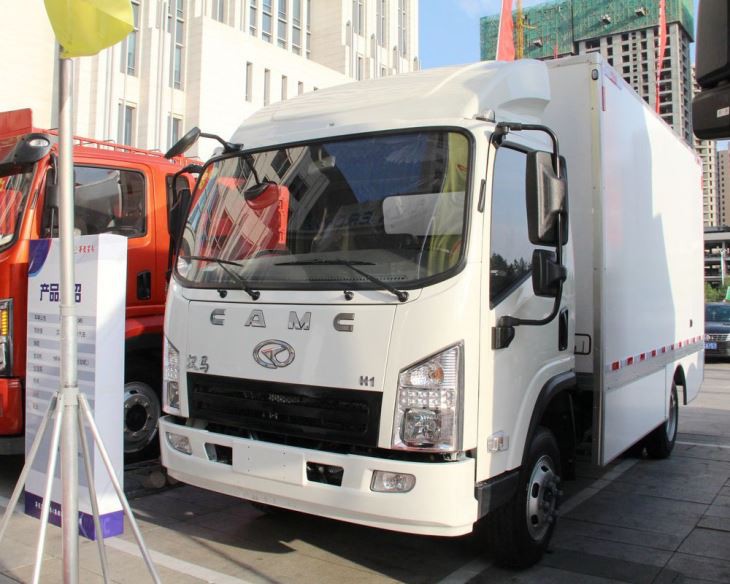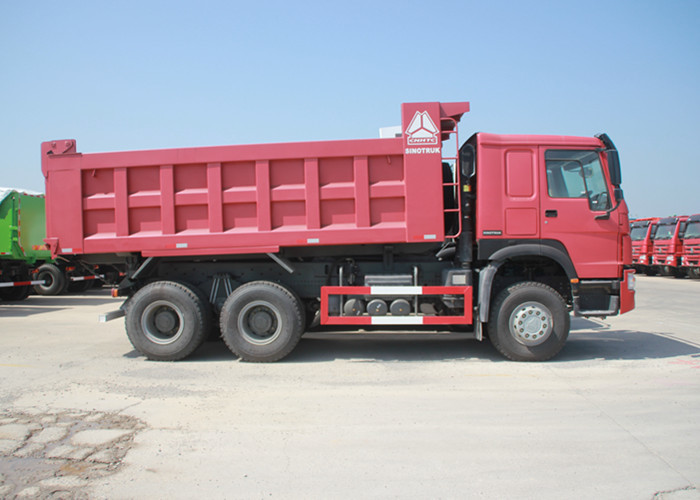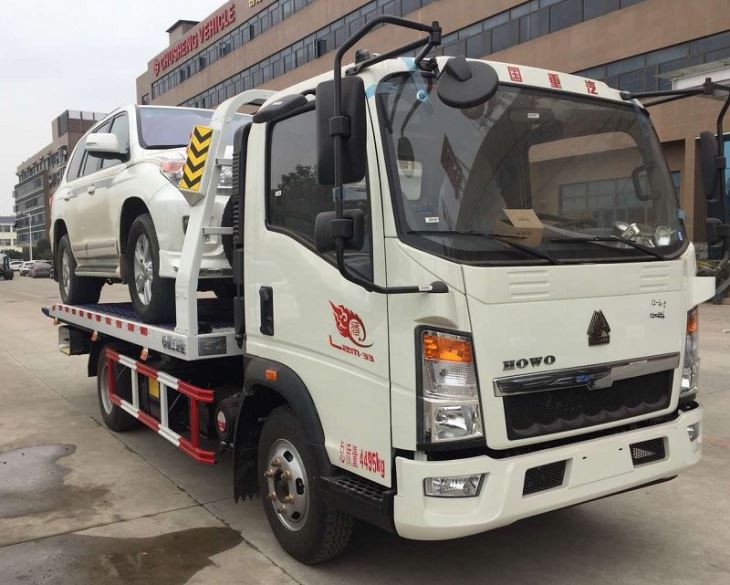Front loader garbage trucks play a vital role in waste management across urban and rural settings. With their advanced technologies and specialized designs, they streamline the garbage collection process, making it more efficient and cost-effective. In this article, we will explore the various aspects of front loader garbage trucks, from their mechanics and benefits to their applications and maintenance. Through comprehensive insights and practical tips, we aim to provide you with a thorough understanding of these essential waste management vehicles.
What Are Front Loader Garbage Trucks?
Front loader garbage trucks are specialized waste collection vehicles designed to lift and load waste bins from the front. Equipped with hydraulic arms, these trucks easily lift large containers, dump their contents into a hopper, and return to the ground efficiently. They are particularly prevalent in commercial and industrial waste collection, where large volumes of refuse are generated.
How Do Front Loader Garbage Trucks Work?
At the heart of a front loader garbage truck is its hydraulic system. Here’s how it generally operates:
- Positioning: The truck positions itself in front of the waste container.
- Engagement: Hydraulic arms engage the container and lift it off the ground.
- Dumping: The contents are dumped into the truck’s hopper.
- Return: The arms lower the empty container back to the ground.
Components of a Front Loader Garbage Truck
To understand how front loader garbage trucks function, let’s explore their key components:
| Component | Description |
|---|---|
| Hydraulic Arms | Used to lift and tilt the waste containers. |
| Cab | The driver’s compartment where the operator controls the vehicle. |
| Hopper | The compartment that holds collected waste. |
| Chassis | The main structure that provides support to all components. |
| Wheels | Designed for maneuverability in different terrains. |
Advantages of Using Front Loader Garbage Trucks
Front loader garbage trucks come with numerous benefits that make them an advantageous choice for waste management:
1. Efficiency in Waste Collection
The hydraulic system enables fast and efficient garbage collection, which reduces the time spent on each stop. This efficiency translates to lower operational costs.
2. Large Capacity
Front loader garbage trucks can handle large dumpsters, allowing them to collect substantial waste loads without needing to make multiple trips.
3. Improved Safety Features
Many front loader trucks come with enhanced safety features like backup cameras and audible alarms, ensuring the safety of operators and pedestrians during collection.
4. Versatility
These trucks are designed to manage various types of waste, including solid waste, recyclable materials, and construction debris.
Types of Front Loader Garbage Trucks
There are several types of front loader garbage trucks tailored for different waste management needs:
1. Standard Front Loaders
These are used for residential and commercial waste collection, typically equipped with a compaction system to optimize space.
2. Recycling Front Loaders
Designed specifically for collecting recyclables, these trucks usually come with special compartments to separate different materials.
3. Heavy-Duty Front Loaders
Capable of lifting heavier loads, these trucks are ideal for construction sites and industrial waste collection.
Applications of Front Loader Garbage Trucks
Front loader garbage trucks are utilized in various sectors of waste management:
1. Residential Waste Collection
Many municipalities employ front loaders for efficient large-scale residential waste collection.
2. Commercial Waste Management
Businesses often use front loaders for regular waste disposal, ensuring efficient management of waste on their premises.
3. Industrial Waste Disposal
Industries generate significant waste, and front loaders help handle this efficiently with their larger capacity.
Maintenance Tips for Front Loader Garbage Trucks
To ensure optimal performance and longevity of front loader garbage trucks, regular maintenance is essential. Here are practical tips:
1. Regular Inspections
Conduct daily pre-trip inspections to check for any visible damage or wear on parts.
2. Hydraulic System Maintenance
Regularly check hydraulic fluid levels and inspect hoses and cylinders for leaks or damage.
3. Tire Care
Maintain proper tire pressure and inspect for wear to ensure optimal traction and fuel efficiency.
4. Cleaning
Periodically clean the truck to prevent the build-up of waste and ensure smooth operations.
Cost Considerations for Purchasing Front Loader Garbage Trucks
When considering the purchase of front loader garbage trucks, several cost factors should be taken into account:
1. Initial Purchase Price
The cost of front loader garbage trucks can vary significantly based on brand, features, and capacity. Typically, prices range from $100,000 to $300,000.
2. Operational Costs
Include fuel, insurance, maintenance, and repair costs in your budget calculations to have a complete understanding of total ownership costs.
3. Financing Options
Explore financing options such as loans, leasing, or grants from governmental waste management programs to ease the financial burden.
Environmental Impact of Front Loader Garbage Trucks
Front loader garbage trucks play a pivotal role in waste management’s environmental aspects:
1. Reduced Carbon Footprint
These trucks are often designed for fuel efficiency, which helps reduce their carbon emissions during operations.
2. Promotion of Recycling
With dedicated recycling trucks, municipalities can encourage more environmental sustainability through better recycling practices.
3. Waste Diversion
By using front loaders to manage large waste amounts efficiently, communities can achieve higher waste diversion rates from landfills.
FAQ Section
1. What is the average lifespan of a front loader garbage truck?
The average lifespan of a front loader garbage truck can range from 10 to 15 years, depending on maintenance and usage.
2. Can front loader garbage trucks operate in various weather conditions?
Yes, front loader garbage trucks are designed to operate in diverse weather conditions, though extreme weather may require additional caution.
3. How often should front loader garbage trucks be serviced?
It is recommended to have front loader garbage trucks serviced at least once a year or more frequently depending on usage and operational demands.
4. Are front loader garbage trucks automated?
Some front loader trucks come with automated systems for loading and unloading; however, many still require an operator for precise execution.
5. What types of waste can front loader garbage trucks collect?
They can collect a wide array of waste types, including residential garbage, commercial waste, recyclables, and construction debris.
6. How do I choose the right front loader garbage truck for my needs?
Consider factors such as load capacity, intended use, and operational budget when selecting a front loader garbage truck.



